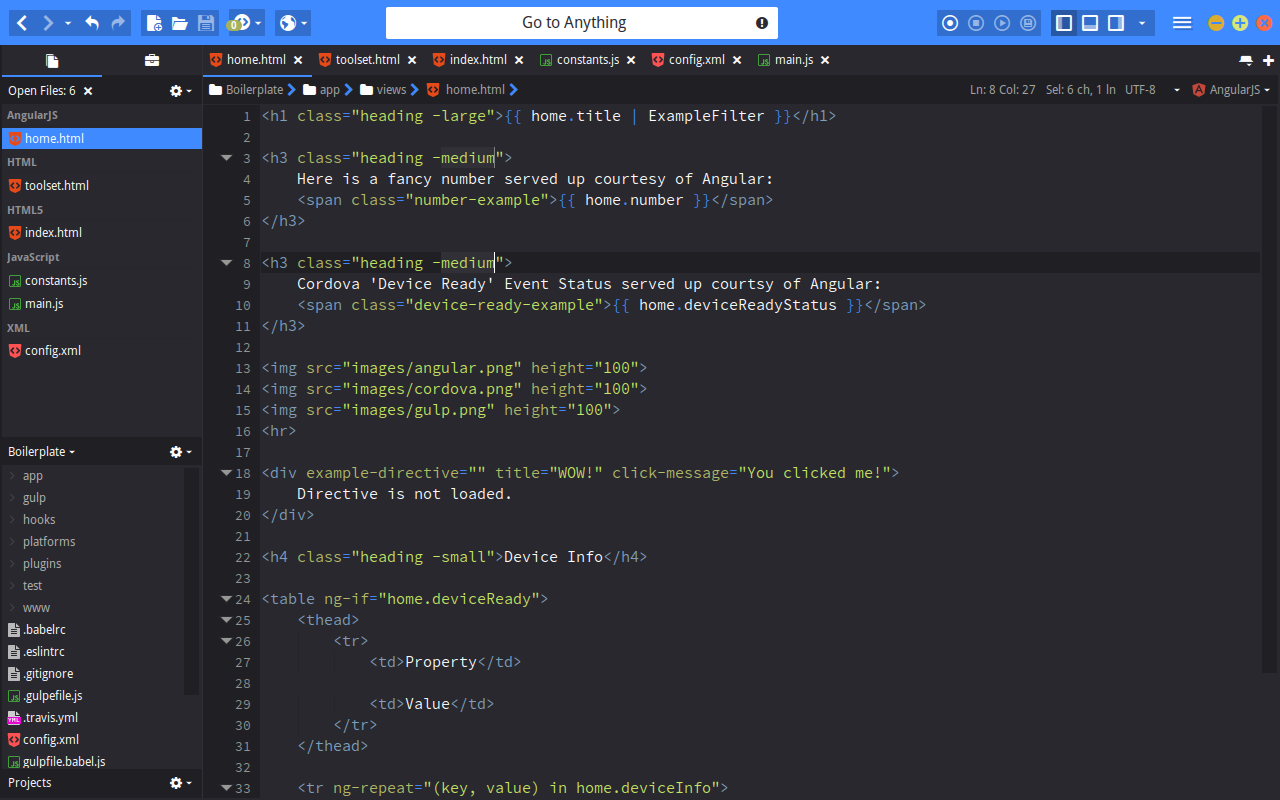
Download spyder python for windows for free. Development Tools downloads - Python - spyder by pythonxy.com and many more programs are available for instant and free download. I've just updated Spyder to version 3.1 and I'm having trouble changing the colour scheme to dark. I've been able to change the Python and iPython console's to dark but the option to change the edi.
This is the 2nd in a series of videos providing a tutorial on Python 2.7 using Anaconda Python and the Spyder IDE. Click here to go to a “home page” for the video series.
This video discusses basic arithmetic in Python (basic math operations), variable assignment, transcendental functions (like exp) using the math module, and logicals (including comparison).
Spyder Python Editor
The video is about 24 minutes long.
Video Index: Basic Arithmetic and Variable Assignment
Spyder Software Python Ide Machine
Click on the topics below to jump to that location in the video.

Spyder Python Ide
| Time | Topic |
| 00:00 | Introduction |
| 00:35 | Launching the Spyder IDE |
| 01:32 | Making the iPython console large |
| 01:49 | Showing the Variable Explorer window |
| 02:05 | Basic Arithmetic Introduction |
| 02:17 | Addition Example |
| 02:22 | Multiplication Example |
| 02:27 | Order of precidence |
| 02:29 | Power (exponentiation) operator |
| 03:17 | Caclulating roots using the power operator |
| 03:34 | Integer division (unexpected behavior) |
| 04:18 | Making floating point numbers using the decimal point |
| 04:47 | Types of numbers with “type()” |
| 05:12 | Conversion of integers to floting point numbers in mixed expressions |
| 05:43 | Advice: Write math expressions in decimals |
| 06:19 | Summary of arithmetic in Python |
| 06:40 | Assigning variables |
| 06:54 | Variables are shown in the Variable Explorer window |
| 07:17 | Print the value of a variable |
| 07:34 | Print the value of a variable with the “print” statement |
| 07:42 | Changing the value of a variable with the Variable Explorer window |
| 08:19 | Arithmentic with variables |
| 08:54 | Types of variables |
| 09:02 | Convert a variable to a floating point number with “float()” |
| 10:07 | Transcendental math functions not a part of basic Python |
| 10:41 | Importing the “math” module |
| 11:06 | Using math functions |
| 11:32 | Math constants and the math constant e |
| 11:40 | Clear console window with cntr-L |
| 11:49 | The math constant pi |
| 11:58 | cosine and sine |
| 12:15 | Summary of the basic use of trascendental math functions in Python |
| 12:28 | “Directory” of the math object using the function “dir()” |
| 13:06 | “log()” is the natural logarithm; tesing the log() function to verify what it does. |
| 14:05 | Log to the base 10 with “log10()”; testing the log10() function to verify what it does. |
| 14:31 | Introduction to logicals |
| 14:40 | “True” |
| 14:55 | “False” |
| 15:04 | Opertations with logicals |
| 15:16 | “or” |
| 15:34 | “and” |
| 15:47 | grouping and “not” (the complement) |
| 16:24 | Comparisons: greater than (“>”) and less than (“<') |
| 16:40 | Equality (“”) |
| 17:23 | Greater than or equals (“>=”) and less than or equals (“<=') |
| 17:41 | Not equals (“!=”) |
| 18:00 | Summary of logicals |
| 18:52 | Getting information and documentation about Python |
| 19:01 | The best way to get information using a search engine such as Google |
| 19:16 | Finding Python tutorials |
| 19:24 | The python.org web site |
| 19:35 | The Python Tutorial at Python.org |
| 19:59 | Finding more specific Python information |
| 21:34 | The stackoverflow.com web site |
| 22:03 | Information about determining the type of an object at stackoverflow.com |
| 22:12 | Using “isinstance()” |
| 23:18 | Summary of getting information about Python |
| 23:50 | Video conclusion |